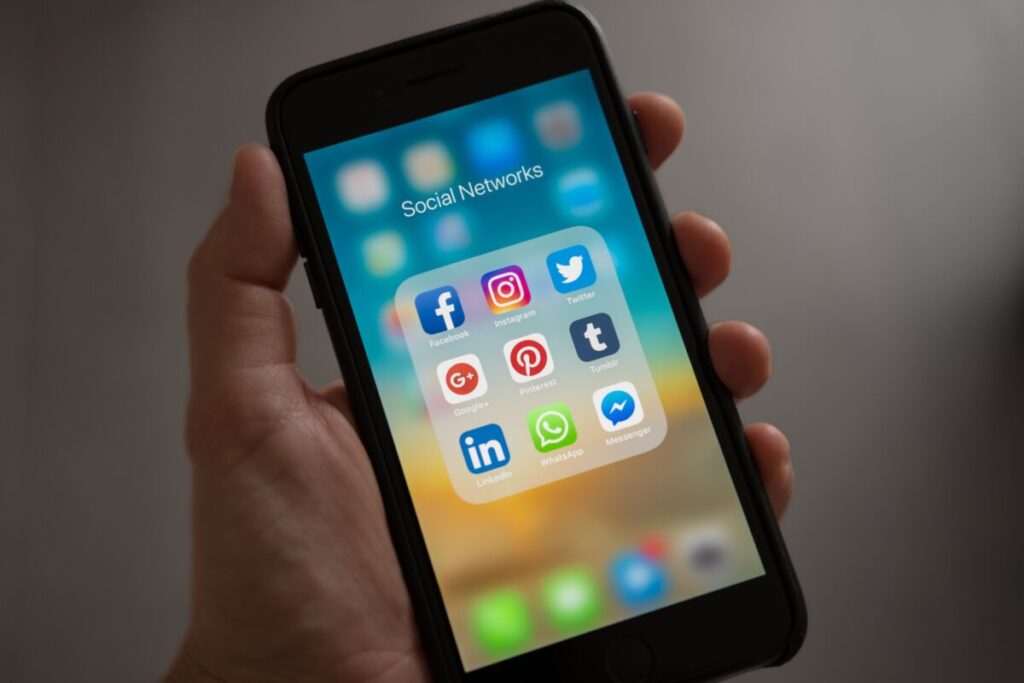By Wade Thomas with AIM to Win
Everywhere you look you see people that are on their phones. We spend a lot of time attached to our electronic devices, and much of this time is on social media. This phenomenon has grown a lot in recent years. In 2005 only 5% of Americans used social media, today it’s over 72%. Social media has done a lot to help make connections around the world and to keep people in touch. There is a dark side to this connectivity, however. Research has shown that social media can have a negative impact on our mental health. Social media can affect our self-esteem, as it is a prime vehicle for comparison and FOMO (Fear of Missing Out). It also creates information overload as it floods our minds, and the systems themselves are designed to manipulate you, to understand your patterns and to use this data to create more usage.
While if you are like most people, you are not going to drop social media altogether, there are seven things that you can do to balance social media and your mental health.
- Schedule your social media time. Scheduling specific times will help make sure you are present in the moment, and that you do not overdo it by spending hours on social media.
- Have a purpose for being on social media. Be mindful about why you came on social media, whether it was to look up a birthday, find a recipe, etc. Don’t fall down the rabbit hole, find what you need and log off after you have completed your mission.
- Use social media as inspiration rather than comparison. We often go through our feeds and find people’s successes, and picture-perfect moments—and wonder why we can’t have the same. Keep in mind that this is only a snapshot of their lives, they are most likely dealing with her own problems and issues just like you are. Use these posts as inspiration to work on your own goals rather than as a comparison.
- Emphasize positivity. Follow people who have positive messages. Also, think about what you are putting in the universe, make your feed an encouraging place.
- Assess your mental state. If you are feeling down, anxious, or depressed then do something besides surfing your social media accounts. Go for a walk, hang out with a friend, get some exercise, etc. Also, take note about how you react when you get a notification. Do you feel stressed? If so, turn notifications off.
- Put the social media away at bedtime. Using electronic devices in general, and social media in particular, can limit your sleep. Stay off social media in bed. If you must, put your phone in a different room and use an old fashion alarm clock.
- Prioritize your real life. Spend time with family and friends, and most importantly be present in the moment when you’re with them. Don’t be distracted by your social media accounts.
Social media has good aspects, but only if you manage it carefully. Follow the seven steps and put your mental health first.


